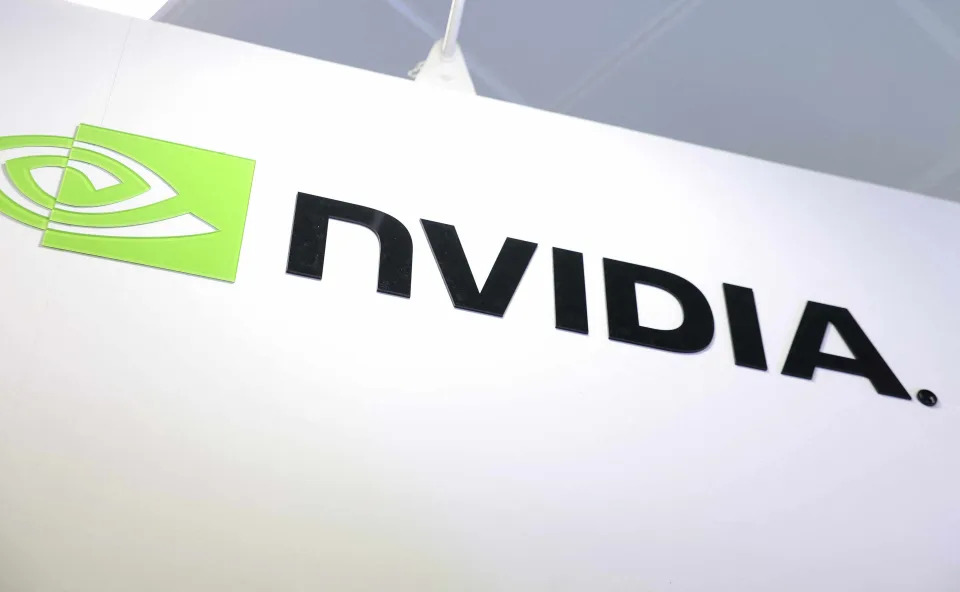News
These Stocks in Nvidia's Portfolio Took a Hit in the Second Quarter

I-Hwa Chend / AFP / Getty Images
Key Takeaways
Most stocks in Nvidia's ( NVDA ) portfolio lost ground in the second quarter, though a majority of the company's holdings have still gained since the start of the year.
The chipmaker held shares of Arm ( ARM ), SoundHound AI ( SOUN ), Nano X Imaging ( NNOX ), Recursion Pharmaceuticals ( RXRX ), and Serve Robotics ( SERV ) as of the end of the second quarter, Nvidia's 13F filing this week showed.
Nvidia, along with most firms with
assets under management
of $100 million or more, is required to file this form quarterly with the
Securities and Exchange Commission (SEC)
, disclosing equity holdings.
All But Arm Lost Ground in Q2
During the quarter, Nvidia maintained the number of shares it held of Arm, SoundHound AI, Nanox Imaging, and Recursion Pharmaceuticals, and added a stake in Serve Robotics, which began trading on the Nasdaq in April.
Arm was the only stock among those holdings that gained during the second quarter, while all of the other holdings fell. Shares of Arm climbed about 30%, while Nanox Imaging and Recursion Pharmaceuticals lost close to 25%, and SoundHound AI fell 32%. Serve Robotics shares lost about half their value from their initial public offering (IPO) price through the end of the period.
Nvidia's Arm stake is its most valuable stock investment, worth over $320 million at the end of June.
Still, Most Are Higher for 2024
However, the majority of stocks held by Nvidia have still recorded year-to-date gains, with some growing at a faster pace than the S&P 500 index, which rose 16.5% over the period.
SoundHound AI shares have more than doubled in 2024 so far, much like Nvidia, while Arm surged 73%, and Nano X Imaging climbed 13% through Friday's close.
Meanwhile, Serve Robotics has nearly tripled in value from its IPO price. The company recently announced a partnership with Shake Shack ( SHAK ) through Uber Technologies’ ( UBER ) Uber Eats, sending shares higher.
Recursion Pharmaceuticals was the only holding that lost ground over the same period, dropping nearly 32% from the start of the year.
Read the original article on Investopedia .

